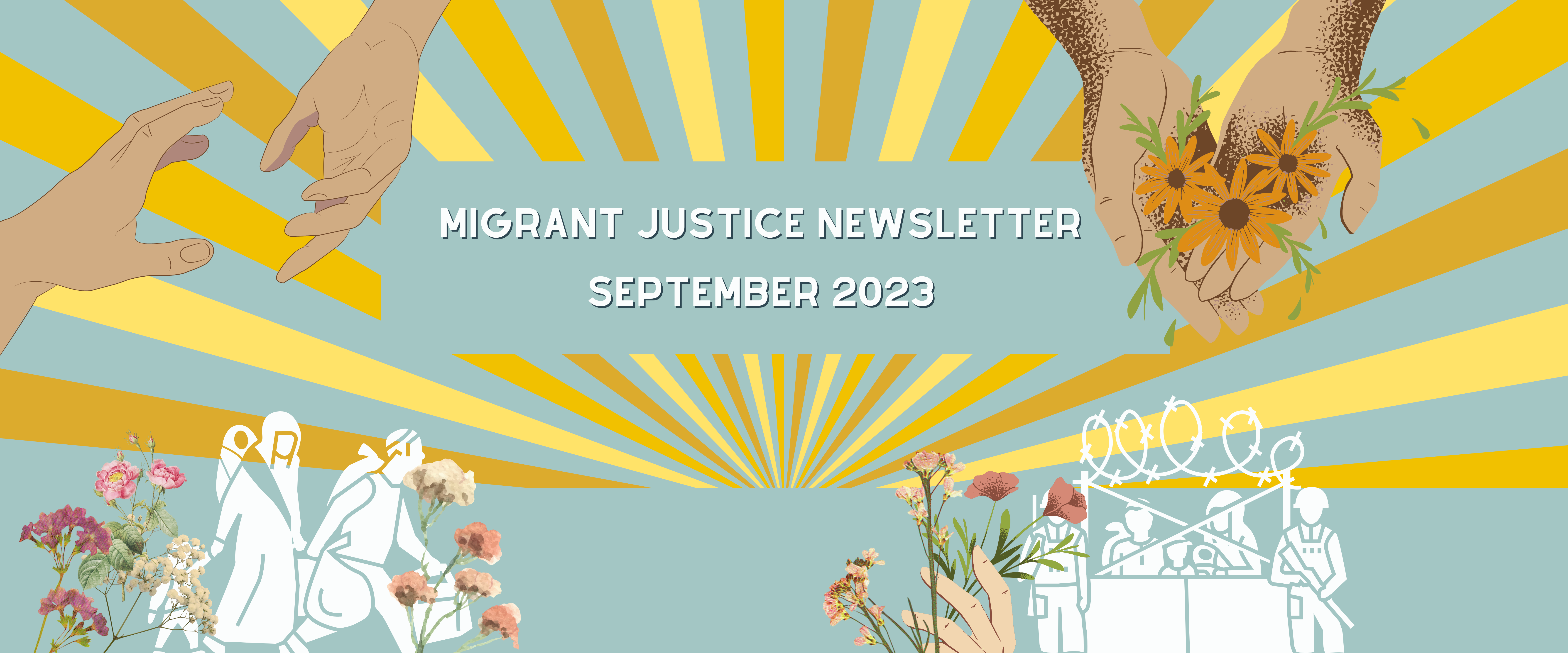Guatemalan Interior Minister Napoleón Barrientos resigned amid ongoing pro-democracy protests and disagreements within President Alejandro Giammattei's administration on handling roadblocks. Barrientos, favoring dialogue with protesters, stepped down after a shooting near a roadblock. Attorney General Consuelo Porras, demanding immediate blockades removal, had called for Barrientos' dismissal. The unidentified shooters prompted condemnation from Barrientos' ministry. Indigenous groups, protesting alleged interference in elections, vow to maintain roadblocks until Porras and prosecutors resign. The government appointed a replacement, emphasizing adherence to the rule of law. Barrientos' resignation reflects administration weakness amid civil unrest.
- Home
- About Us
- Issues
- Countries
- Rapid Response Network
- Young Adults
- Get Involved
- Calendar
- Donate
- Blog

